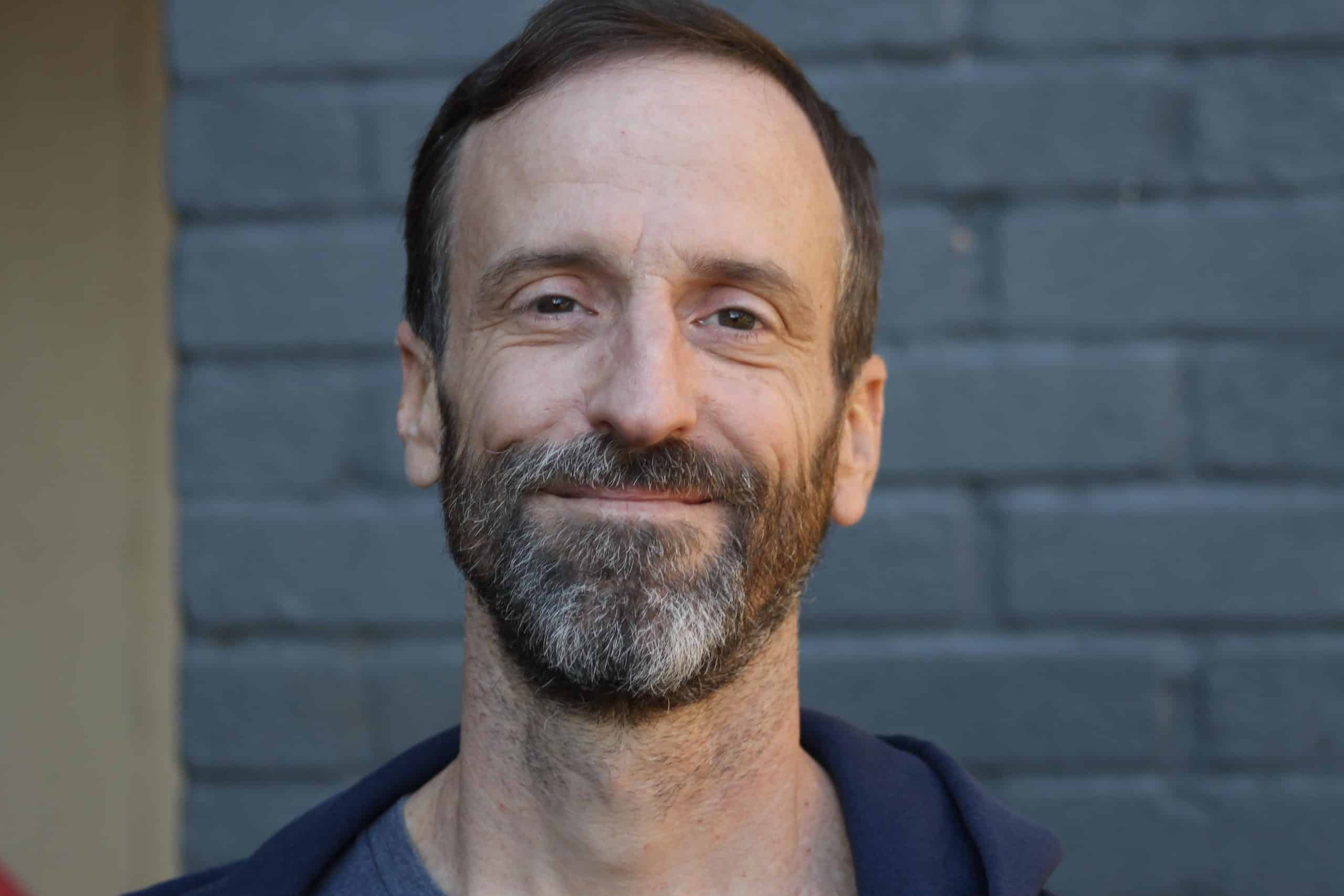In Washington, though, Pompeo has managed to maintain Trump’s confidence while remaining on speaking terms with a foreign-policy establishment that is deeply unsettled by the President. “He’s in a sense become the real adult in the room,” Ian Bremmer, the founder of the geopolitical advisory firm the Eurasia Group, told me. “It is less the case than he would like, but vastly more the case than anyone else.” Pompeo’s Republican friend told me, “He’s not an enabler of Trump. He does a lot to try to manage him.” Others believe that Pompeo is merely posturing. He is a politician who knows his audience; he wants to give the impression that “he generally agrees but he’s working with this wild man,” another former senior State Department official, who has met with Pompeo privately, told me. “He always has this sheepish ‘I know,’ but won’t show his hand.” He suggests, without being specific, the former official added, that he’s got “his finger in the dike.”
When it comes to personnel, Pompeo has sent the right signals to the G.O.P. establishment by hiring a few Republican opponents of the President. He tapped Elliott Abrams, who wrote an anti-Trump op-ed in 2016, to be his special envoy to Venezuela. (Trump blocked Tillerson’s attempt to hire Abrams.) He asked Jim Jeffrey, George W. Bush’s deputy national-security adviser, to serve as the special envoy for Syria, even though he signed a Never Trump letter. This spring, Pompeo appointed the Fox News contributor Morgan Ortagus to be his spokesperson, although she, like Pompeo, had publicly opposed Trump in 2016, prompting the conservative magazine The National Interest to observe that “Mike Pompeo’s house has become a hall of NeverTrump.”
In each case, Pompeo carefully managed the President. “He’ll be meeting with Trump about something else and then, like, at the end of the meeting he’ll be, like, ‘Oh, by the way, I’m bringing on Jim Jeffrey,’ ‘Oh, by the way, I’m bringing on Elliott Abrams,’ ” the Republican close to Pompeo told me. Trump agreed to the moves, but only because the jobs did not require Senate confirmation. “It’s fairly clear he has a deal with the President where if there’s no confirmation hearing, where people can talk about the 2016 race, then he can hire whoever he wants,” a senior Administration official told me. …
This gets at a central challenge of Pompeo’s tenure: turning Trump’s tweets and “instincts” into a coherent foreign policy, as his policy-planning chief often put it. Pompeo insists on that goal, though doing so often involves essentially ignoring the President himself. On Syria, for example, Pompeo, Bolton, and other officials disagreed with Trump’s order to immediately withdraw U.S. forces, but they sought to manage him rather than confront him, as Mattis did, while enlisting other allies, such as the Israelis and members of Congress, to lobby Trump for a reversal. In public, Pompeo defended the decision, arguing, in defiance of the facts, that it constituted a continuation of Trump’s policy. Eventually, Trump agreed to keep some troops in Syria. …
Until now, Pompeo has derived his power by being better than anyone else at anticipating where Trump is going to end up and managing to get himself there. As Senator Chris Coons, a Democrat on the Foreign Relations Committee, put it, Pompeo has cultivated a “special skill,” figuring out “how to get Trump moving in the direction he wants.”
The risks of getting publicly out of synch with Trump, however, have gone up for Pompeo this summer, as tensions with Iran rise. The President, a self-styled grand global dealmaker, has said that his goal after withdrawing from the nuclear deal is to bring Iran back to the negotiating table for a better deal. Pompeo, an Iran hawk far longer than he has been a Trump supporter, has been driving the Administration’s hard-line “maximum pressure” strategy. The possibility of a real divide with Trump emerged in June, after Iran shot down a U.S. drone. Pompeo and his internal rival Bolton, a longtime advocate of Iranian “regime change,” initially backed a retaliatory military strike, and Trump agreed, only to reverse himself when planes were already in the air. Even before that incident, Fred Fleitz, Bolton’s former chief of staff at the N.S.C., had told me that Bolton and Pompeo are closely aligned on Iran, at least. “He and John are on the same sheet of music,” Fleitz said.





